Digital detention raises student concerns
Students with digital detention see this message on their Chomebooks
October 7, 2016
Digital detention is the newest form of discipline at GHS, and students who were loaned Chromebooks are already facing internet restrictions for violations of the acceptable use policy, or for returning last year’s Chromebooks late.
“Digital detention is a restriction on computer access that is enforced when there is an infraction on the acceptable use policy, or when students did not return their Chromebooks this year,” said Dean of Students Chris Kobs.
However, The Gillnetter staff could not find any policy specifically defining digital detention or what warrants it in the Compass or Computer Network and Internet Acceptable Use Policy for Students. The closest policy related to digital detention was found on page 34 of the Compass.
“Violation of the Computer Network and Internet Acceptable Use Policy- 1st offense: office detention(s) and loss of privilege. 2nd and subsequent offenses: 1 day OSS and loss of privilege.”
According to Principal James Cook “students on digital detention should be able to access the google services or websites needed for their classes.”
Some students with Chromebooks said they did not know what digital detention was before, or at the time it was issued to them.
“Earlier this year, [administration] collected the Chromebooks people didn’t turn in at the end of last year,” said Genevieve Healey, who was given digital detention for turning in her Chromebook late.
“There was never a formal address to the students about digital detention,” said Healey. “They told a few people and that spread around the room. There was also no explanation to what digital detention entailed.”
Healey also experienced more difficulties with the limited internet access than initially anticipated. All of the websites needed to complete her schoolwork, including Google Classroom, and the credit recovery site PLATO, were blocked.
“My teachers had to make adjustments for me because I couldn’t turn in my assignments on time,” said Healey. “It was a huge waste of time and more harm than good came from it. They shouldn’t do something like that to the students without at least telling the students about it.”
According to administration, Healey’s difficulties were not supposed to occur under digital detention.
“We resolved that problem. It was a technical mistake that should not have happened,” said Kobs.
Other students were also unclear about what digital detention and the process of returning of the Chromebooks involved.
“I just kept my Chromebook [from last year] because I didn’t have chance to give it back,” said Sophia Cecilio “I didn’t even know I had to return this and they were making me feel as though the Chromebook was gone forever.”
Like Healey, Cecilio had trouble completing school work due to digital detention.
“My home computer broke and my Chromebook was the only way for me to get internet access to do online homework,” said Cecilio. “They wouldn’t give me a loner because my Chromebook wasn’t broken, so I wasn’t able to do my school work.”
“It’s made doing homework and school very hard. All sites besides a few school sites were blocked,” said Maria Karol, who was also given digital detention because she did not return her Chromebook at the end of last year.
“I think that if they’re going to continue this, they should have a warning beforehand and an explanation of what it means,” said Healey.



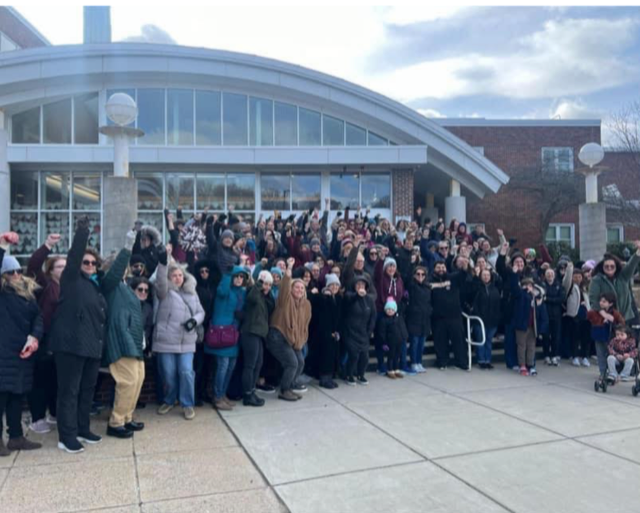
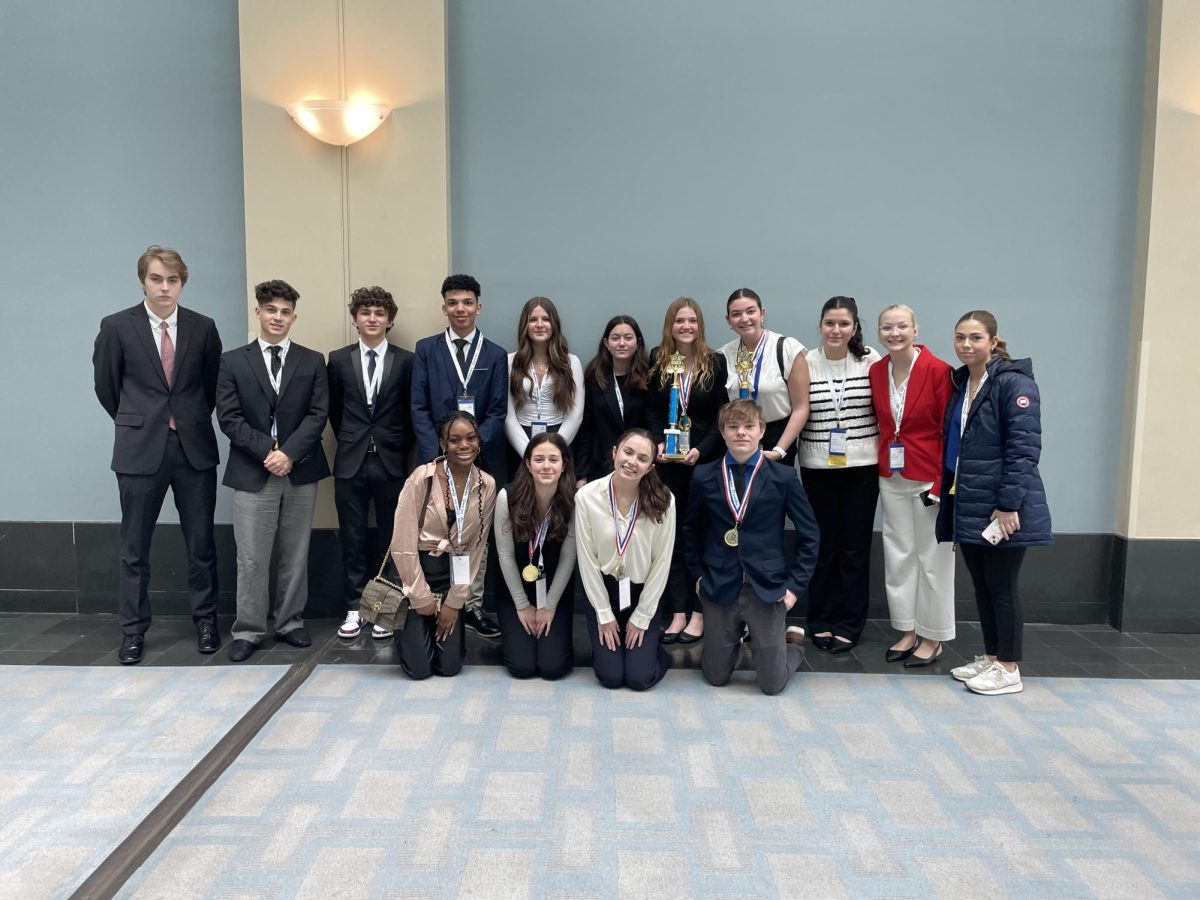











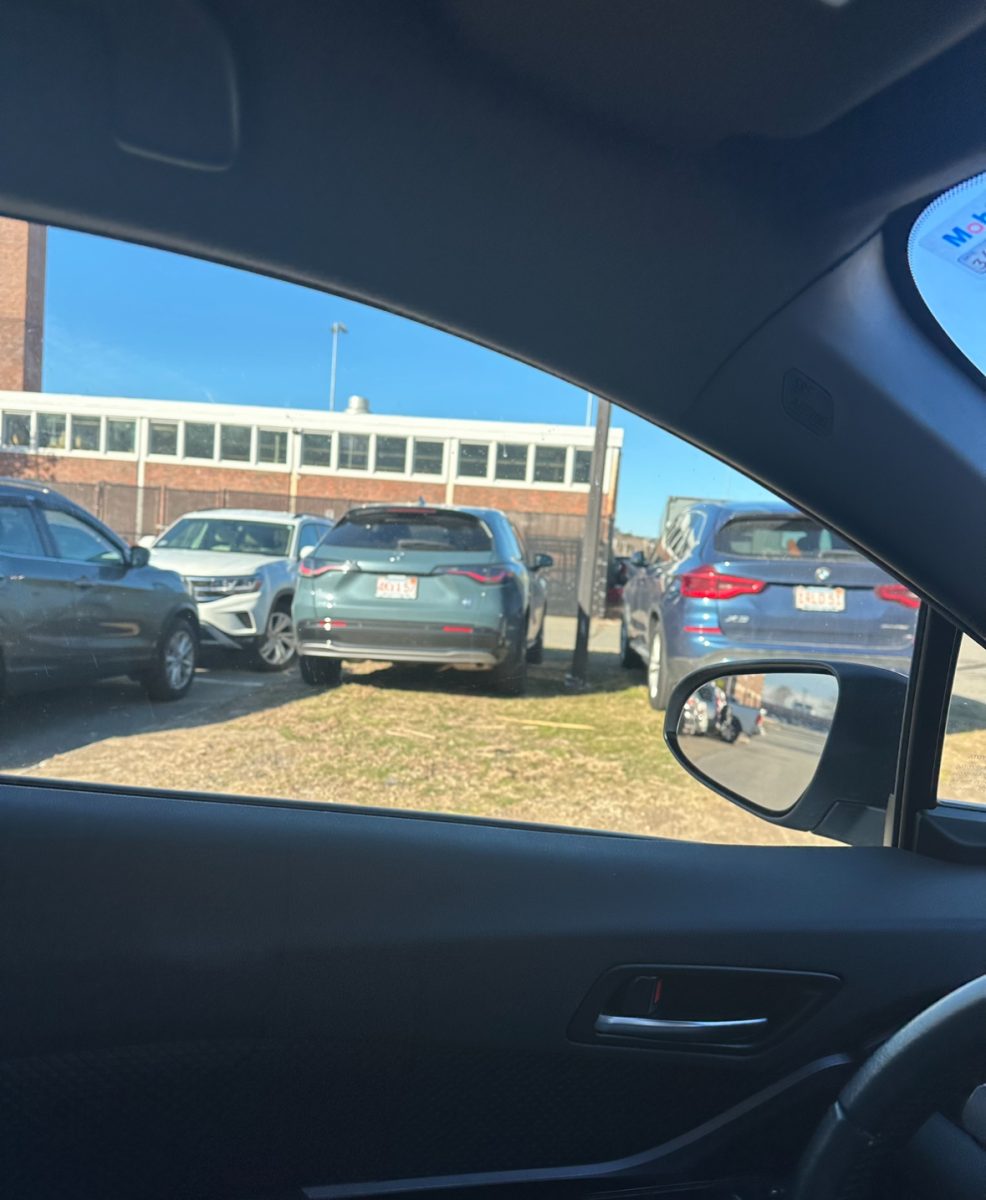

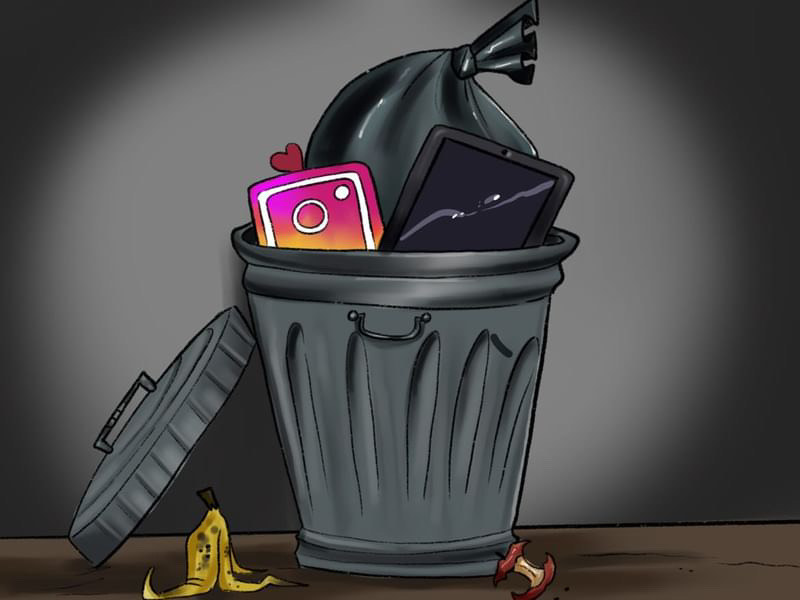
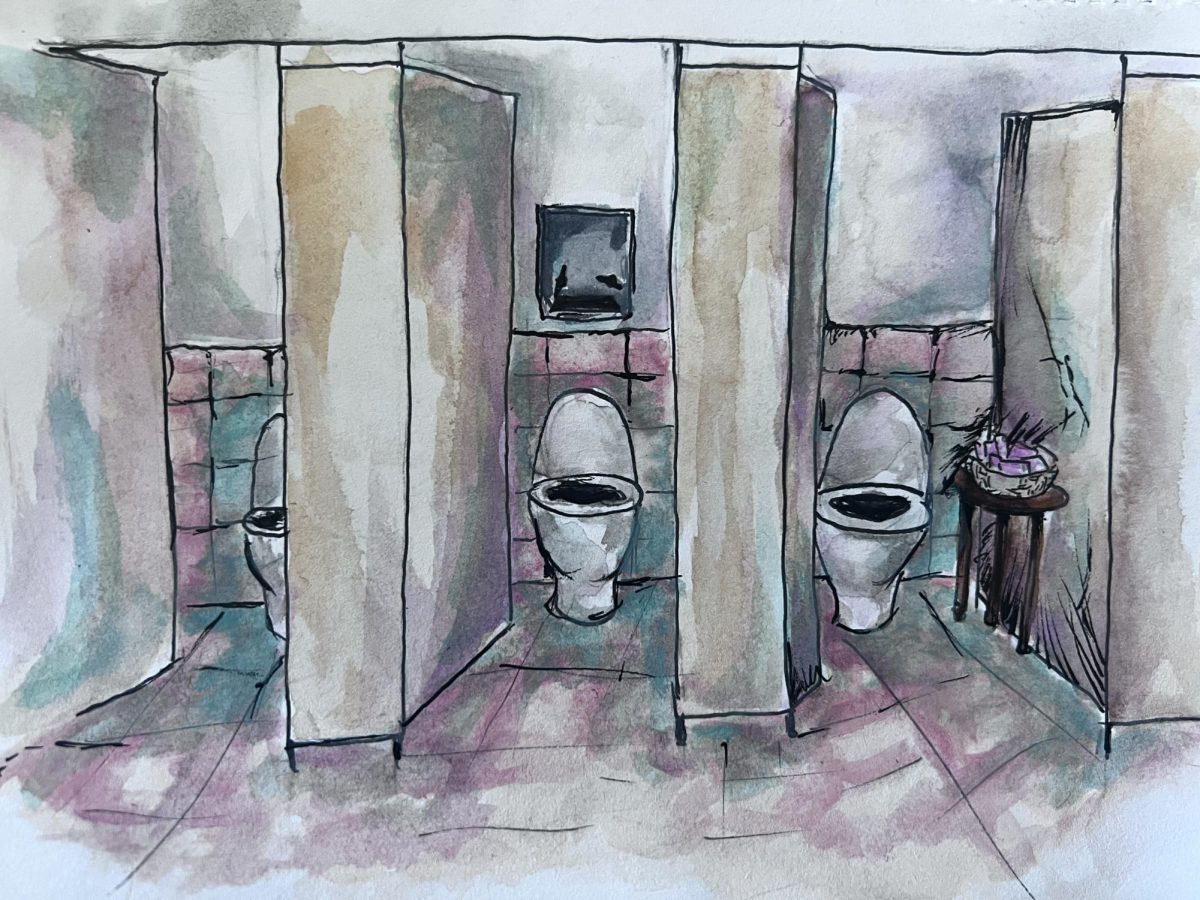
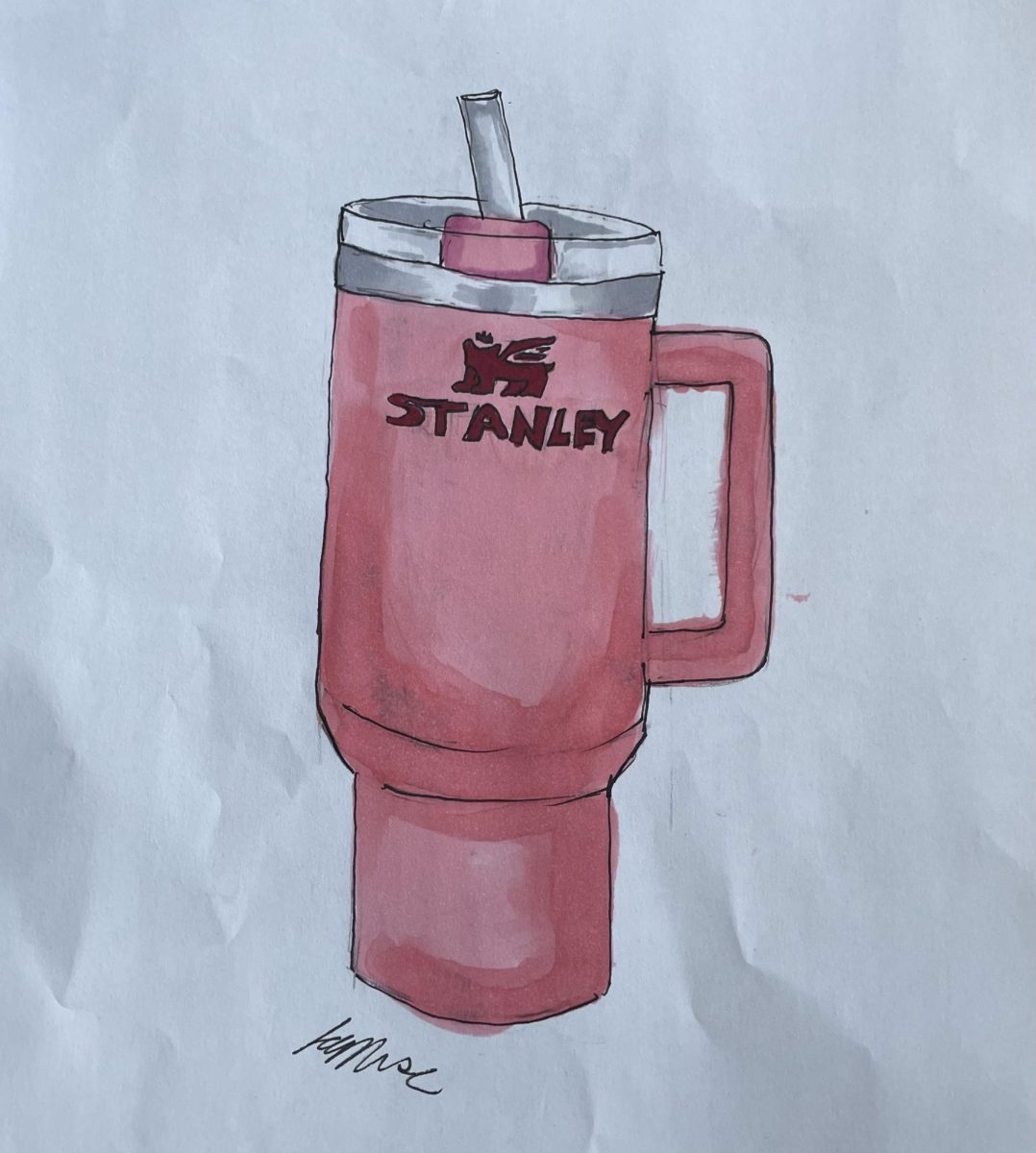









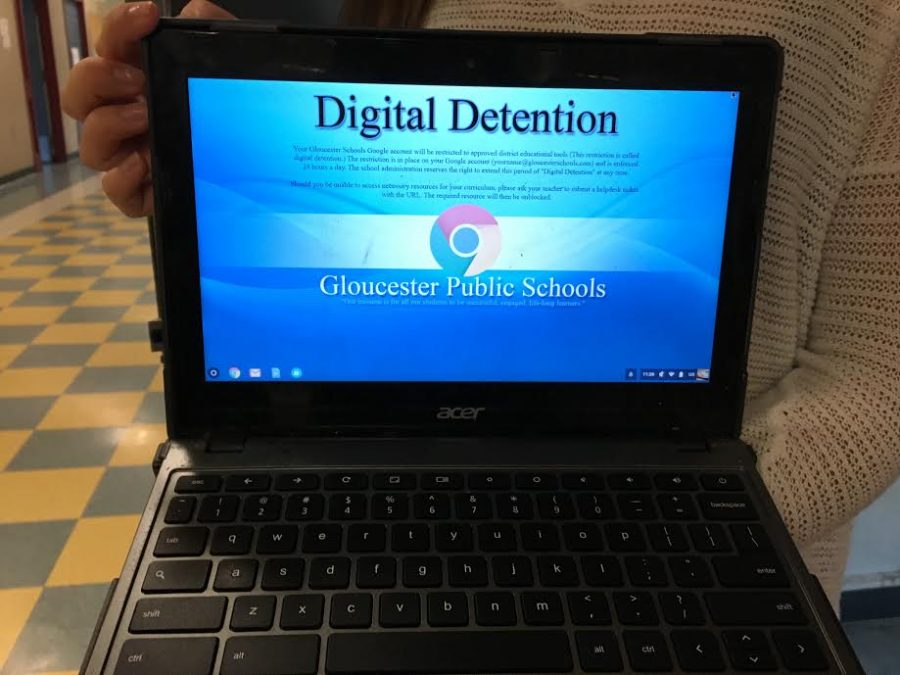





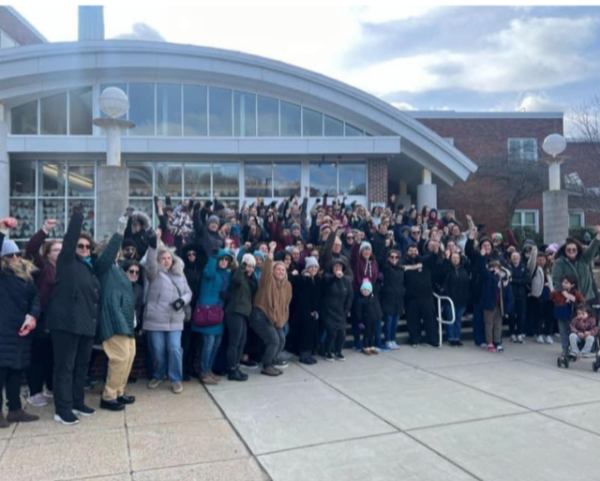
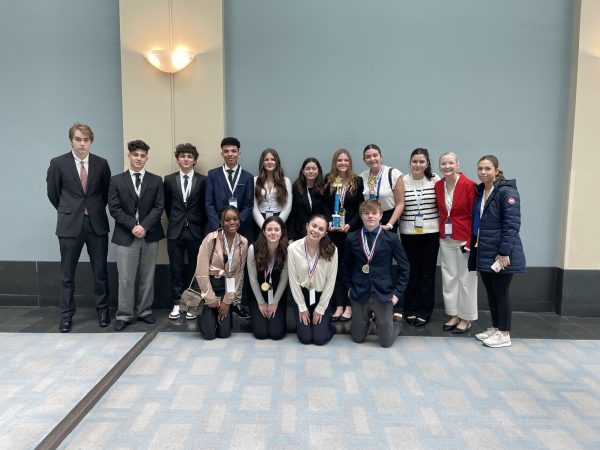
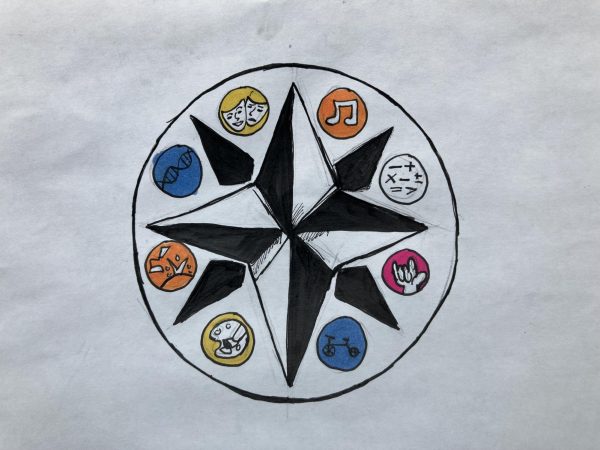
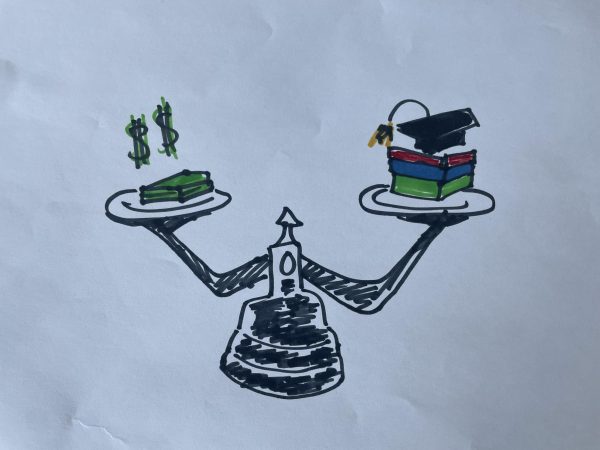

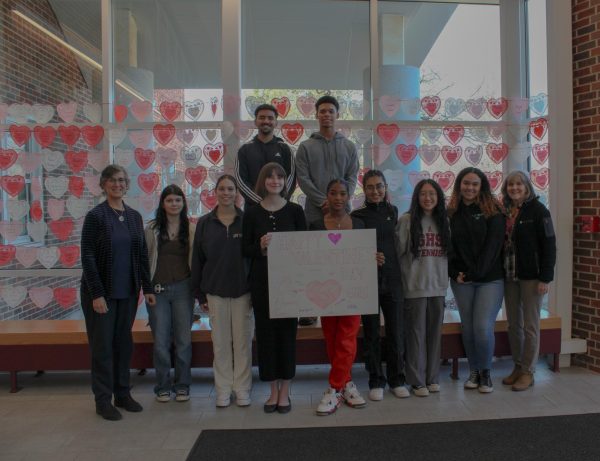

Nathaniel Lounsbury • Oct 8, 2016 at 11:08 pm
You Would think that though out the whole planning and everything that they add that in at the Compass and tell teachers to go over what digital Detention is. In my History class, Students were saying “I can’t access the blog because I have Digital Detention.” Which at the time no probably besides our teacher knew about it. I understand it was a slip up and should have explain it but I think it needs to be a mandatory thing to go over each year for when students return.